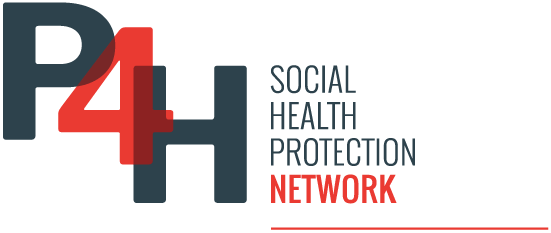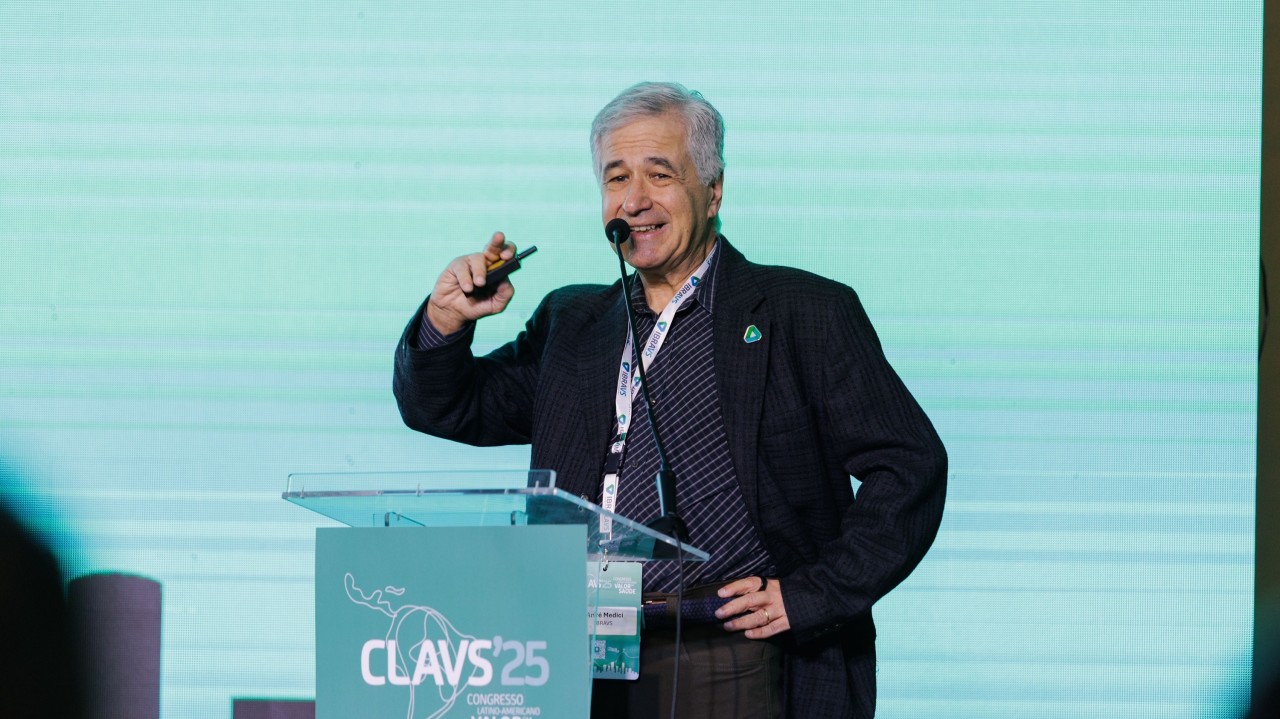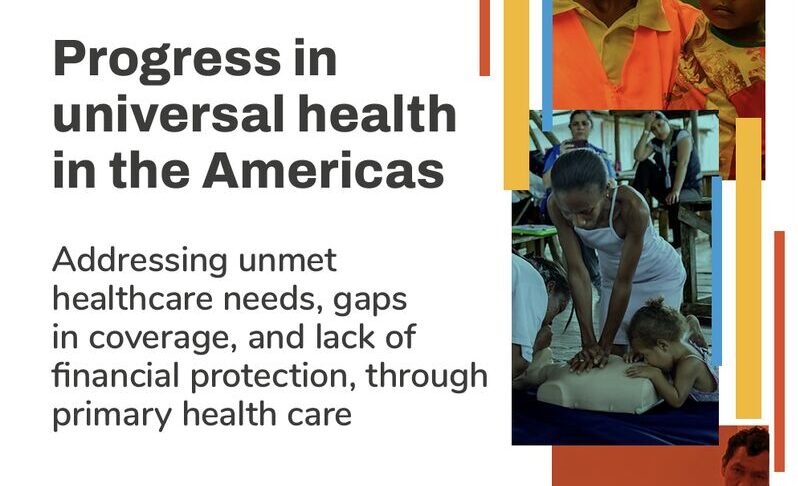André Medici es consultor sénior internacional en economía de la salud y estrategia de desarrollo sanitario – Autor en el blog Monitor de Saude | Doctor en Historia Económica.
At the Latin American Congress on Value in Health (CLAVS 2025), held in Rio de Janeiro on August 25-26, 2025, I had the honor of coordinating the presentation of the article we prepared for the Instituto Brasileiro de Valor em Saúde (IBRAVS) on the subject of episode-based payments – a model that is consolidating as a key element in the transition to more efficient, integrated and patient-centered health systems in Latin America.
The paper starts from a clear diagnosis: the predominance of fee-for-service (FFS) models, both in supplementary health care and in the public system, has fostered fragmentation of care, overuse of resources and a constant increase in costs, without resulting in significant improvements in patient outcomes. Against this backdrop, episode-based payments emerge as an intermediate alternative between FFS and capitation, offering a framework that seeks to integrate care and align incentives in favor of quality and efficiency.
The article defines this model as a mechanism in which funders reimburse health care providers with a predefined amount for care for a set of procedures and care related to a specific clinical episode-for example, orthopedic surgery, oncologic treatment, or post-HCA rehabilitation. The core elements of this proposal include bundling of services, risk sharing between funder and provider with stop-loss mechanisms and severity adjustments, the incorporation of quality and safety metrics, as well as the inclusion of patient-reported outcomes (PROMs and PREMs). In addition, the model is articulated with the Escore de Valor em Saúde (EVS) developed by the company 2iM and transferred to IBRAVS, which constitutes an innovative parameter for performance evaluation.
The document also presents international evidence, especially from the United States and Europe, as well as Brazilian pilot experiences. These cases show that episode-based payments can reduce costs by 5% to 20% compared to fee-for-service, improve coordination between the different levels of care and reinforce transparency in management, thanks to the use of standardized indicators. IBRAVS, in this sense, proposes a robust methodological framework based on clinical scorecards applied to various conditions such as diabetes, autism spectrum disorder, cancers, multiple sclerosis and stroke, among others.
However, the paper also acknowledges implementation challenges: the limited availability of quality clinical and administrative data, the cultural resistance of providers accustomed to the FFS logic, the need for clear regulations by Brazil’s Agência Nacional de Saúde Suplementar (ANS) and the creation of adequate incentives, in addition to the risk of adverse selection and underprovision of services that requires robust auditing systems and contractual safeguards.
IBRAVS’s contributions in this document are significant, as it offers a prioritized typology of clinical episodes, a detailed methodological manual for defining prices, metrics and contracts, as well as strategic recommendations for scaling up the model both in supplementary health and in its potential integration with the Unified Health System (SUS).
The central conclusion of the article is that episode-based payments are not the only solution, but they are a crucial strategy for moving toward a sustainable, transparent health system focused on outcomes that really matter for patients. They are, in short, a structural transition step that paves the way to fully value-based care.
Finally, I would like to express my deep gratitude to César Abicalaffe and the organizers of CLAVS 2025, who made possible this space for debate and collective construction around such a strategic issue for the future of health in our region. The article is currently in Portuguese, but if you are interested in learning more, please contact me or the IBRAVS team. It is a solution for many of the public and private health insurances in Latin America.




